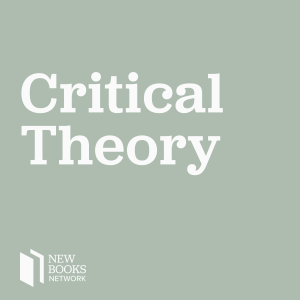
H. Appel, S. Whitley, C. Kline, "The Power of Debt: Identity and Collective Action in the Age of Finance" (Institute on Inequality and Democracy, 2019)
 2020-01-07
2020-01-07
Download
Right click and do "save link as"
As the upcoming 2020 U.S. election finally brings questions of economic justice center stage, this episode discusses the powerful short open-source book The Power of Debt: Identity and Collective Action in the Age of Finance (Institute on Inequality and Democracy, 2019). The book was published by the Institute on Inequality and Democracy in 2019 and coauthored by Prof. Hannah Appel of UCLA, Sa Whitley, a Ph.D. candidate in Gender Studies at UCLA, and Caitlin Kline, advisor to the Securities and Exchange Commission on derivatives enforcement issues. The book focuses on the urgent problem of staggering economic inequality through the lens of mass indebtedness. After assessing the grim situation - stagnating wages, historic levels of household debt, and the impossibility of accessing the means of life without debt - the authors ask whether we can organize against the injustices of debt as debtors as we once did against oppressive workplaces as workers. What goes into producing a politically salient identity category such as debtor? What do actual examples of debtor organizing tell us about the promises and perils of debtor organizing? What does it take to challenge the power of big banks and mighty investors? As an example, we discuss the strike that I am currently on with Harvard Graduate Students Union, speculating on how labor uprisings could benefit from concerted coalition building with debtors. At Harvard, undergraduates are saddled with unrepayable loans so they can access an education provided by grad students saddled with unpayable rents and bills - if the two groups could unite, what would be possible? In our conversation, Prof. Hannah Appel answered these questions amongst many others in a refreshingly spirited yet accessible style. A must-listen for scholars, organizers, and citizens concerned with economic inequality and possibilities for mobilization.
Learn more about your ad choices. Visit megaphone.fm/adchoices
view more
More Episodes
012345678910111213141516171819
Create your
podcast in
minutes
- Full-featured podcast site
- Unlimited storage and bandwidth
- Comprehensive podcast stats
- Distribute to Apple Podcasts, Spotify, and more
- Make money with your podcast
It is Free
- Privacy Policy
- Cookie Policy
- Terms of Use
- Consent Preferences
- Copyright © 2015-2024 Podbean.com





